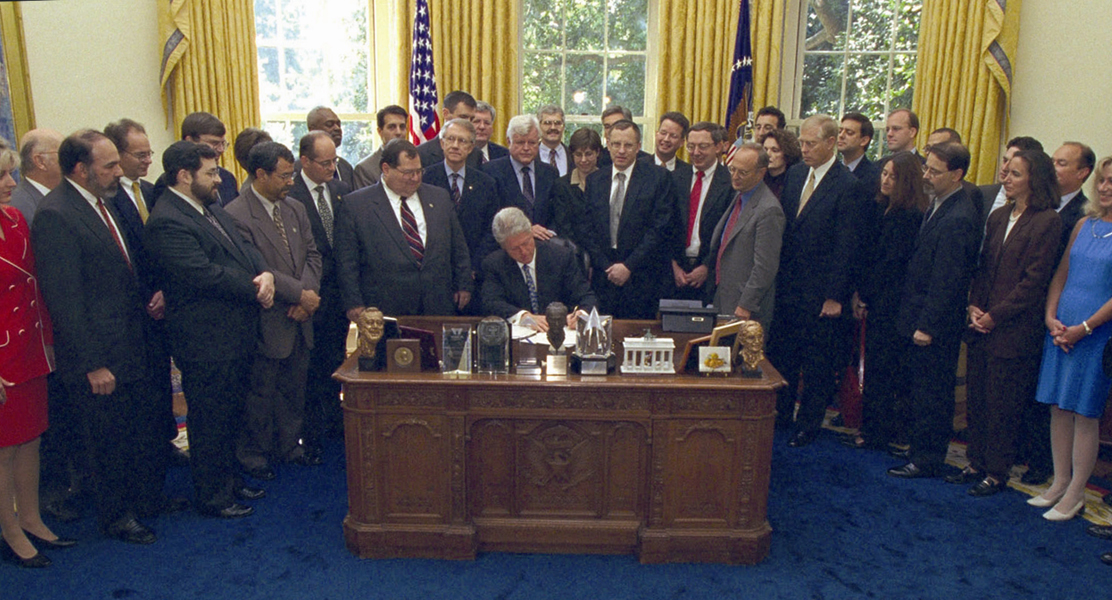On 20th anniversary, RLUIPA offers model for addressing injustice, consensus-building

The Religious Land Use and Institutionalized Persons Act (RLUIPA) was enacted 20 years ago today. It remains a spectacular example of effective legislation, protecting against unnecessary burdens on religious exercise in its twin areas of focus: congregations facing local zoning regulations and individuals confined in government institutions.
In a new essay on Medium, BJC Executive Director Amanda Tyler and Melissa Rogers, former director of the White House Office of Faith-Based and Neighborhood Partnerships, explain why RLUIPA is a model for working together to combat injustice. They both worked for its passage when they worked at BJC in 2000, and they highlight five characteristics of the law that might be instructive for our current, highly polarized and politicized debates surrounding religious liberty.
For starters, RLUIPA’s scope is limited:
Congress did not address every religious liberty problem with RLUIPA – just two of the most important consensus items. The Act bars governmental landmarking and zoning that discriminates against – or unjustifiably interferes with – religious exercise, and it extends protections for persons seeking to practice their faith while they are confined within governmental institutions, such as prisons, nursing homes and immigrant detention centers.
Just as important to its success, they write, is that RLUIPA has been vigorously and even-handedly enforced by the Justice Department.
[W]hether one worships at a church, synagogue, mosque, temple or gurdwara, RLUIPA provides equal protection for the right to practice religion. At the same time, DOJ’s enforcement has been responsive to a painful reality: minority groups continue to face “a disproportionate level of discrimination in zoning matters … .” When it released a report on RLUIPA’s tenth anniversary, DOJ noted that “Jewish, Muslim and Buddhist land-use cases made up a disproportionate number of its investigations – 13 times their representation in the population.” RLUIPA does not favor one religion over another, but some communities have clearly had to rely on its protections more than others, and DOJ has been there to help.
The Justice Department issued a report to commemorate the RLUIPA anniversary on September 22. A press release notes that the department has opened more than 500 investigations and filed 28 lawsuits under RLUIPA, intervening in even more. The report details those controversies and sums up the law with a quote from BJC General Counsel Holly Hollman: “RLUIPA’s passage 20 years ago—and its specific protections for religious assemblies and prisoners—demonstrate the very best of our country’s commitment to religious liberty. RLUIPA remains an essential aspect of our country’s religious liberty law, particularly for religious minorities.”




